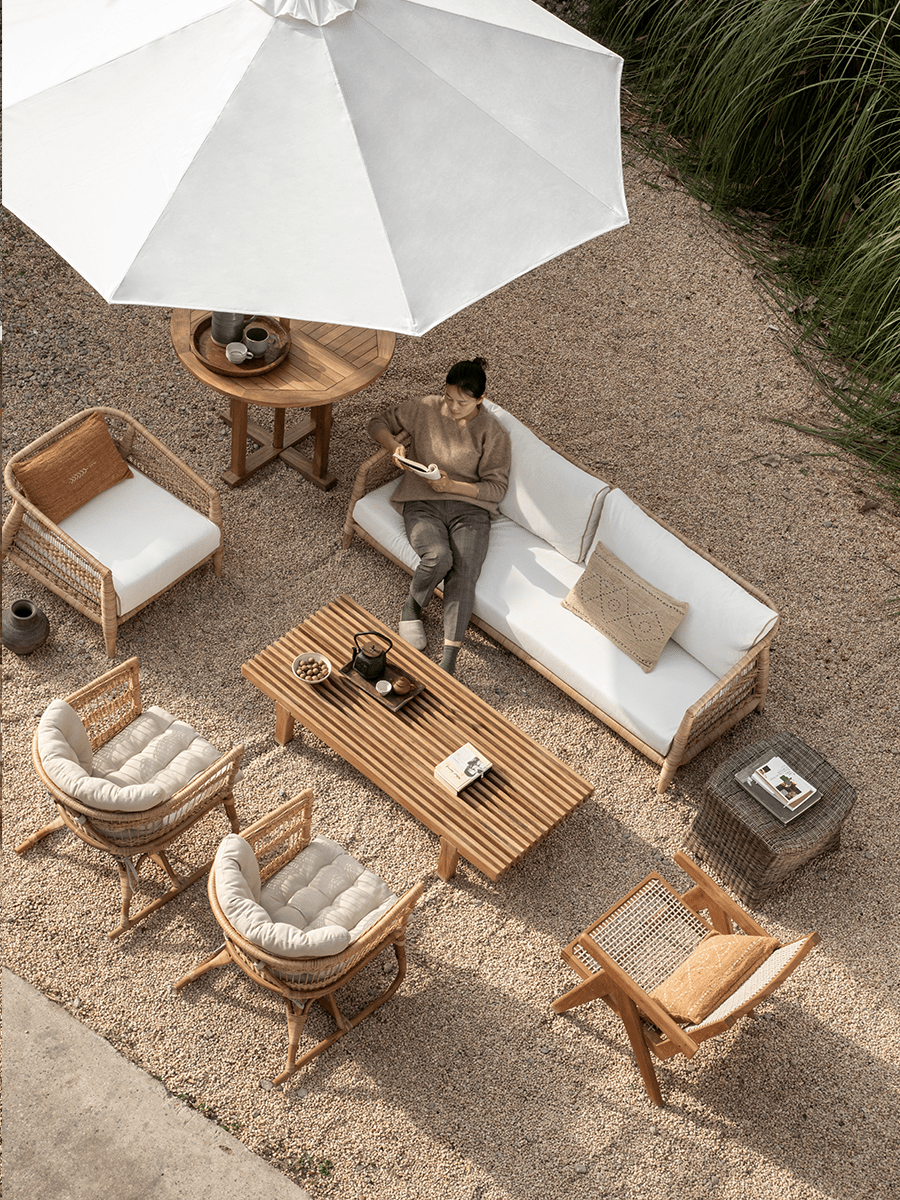Transform Your Small Living Room with the Perfect Coffee Table: Unleash Your Creativity!
In the realm of interior design, the coffee table often serves as a pivotal piece that can enhance the functionality and aesthetics of a small living room. This often-overlooked item can become a focal point that not only reflects personal style but also improves the overall flow of the space. Choosing the right coffee table is essential; it can make your living area feel more inviting, organized, and tailored to your lifestyle. Whether you are looking to entertain guests, create a cozy reading nook, or simply enjoy your morning coffee, the perfect coffee table can transform your small living room into a stylish and functional haven. In this article, we’ll delve into various aspects to consider when selecting a coffee table that fits your small living room’s unique needs.

Choosing the Right Size and Shape
The dimensions of your coffee table are crucial, especially in a small living room where space is limited. A table that is too large can overwhelm the room, while one that is too small may fail to provide the functionality you need. Start by measuring your space carefully; consider not only the area the table will occupy but also the flow of movement around it. A common guideline is to leave about 18 inches of space between the coffee table and surrounding seating to ensure comfort. Additionally, the shape of the table can greatly influence the room's layout. Rectangular tables are versatile and can fit between sofas, whereas round tables offer softer lines that can ease the visual clutter. For particularly small living rooms, nesting tables or ottomans can be a practical solution, providing flexibility and ease of storage when not in use. Remember, the right size and shape can create an illusion of more space, making your living room feel open and inviting.
Multifunctional Coffee Tables
In smaller living spaces, multifunctional furniture is a game changer, and coffee tables are no exception. A coffee table that doubles as a storage solution or even transforms into a dining table can maximize the utility of your space. For instance, consider a coffee table with built-in compartments or shelves where you can tuck away books, magazines, or games. Some designs feature lift-tops that reveal hidden storage, perfect for stowing away items you want to keep on hand but out of sight. I remember a friend who opted for a coffee table that converts into a small desk; this allowed her to work from home without needing to dedicate an entire room to an office. The versatility of multifunctional tables not only frees up space but also adds an element of creativity to your living room, enabling you to adapt the area to suit your needs throughout the day.
Material and Style Considerations
The materials and styles of your coffee table can significantly influence the overall ambiance of your small living room. Popular materials include wood, glass, and metal, each bringing its own texture and character. Wood conveys warmth and can lend a rustic or traditional touch, while glass can create an illusion of openness, making the room feel larger. Metal tables, on the other hand, can offer a sleek, modern look. When considering style, think about the existing decor and how your coffee table can either complement or contrast with it. For instance, if your living room leans towards a minimalist aesthetic, a simple, clean-lined table in a light wood or glass could enhance the look. Conversely, if your decor is eclectic, a vintage or artisan-crafted table might serve as a statement piece. Choosing the right material and style not only affects the visual appeal but also the functionality and maintenance of the table.
Incorporating Color and Decor
The color and decor of your coffee table should harmonize with the existing palette of your living room. When selecting a table, consider how its color will interact with the walls, furniture, and accessories. A neutral table can offer versatility, allowing you to change up decor pieces seasonally or as your taste evolves. However, a bold color can serve as a focal point, drawing the eye and adding a playful touch to the space. Balance is key; if your living room features a variety of colors, aim for a coffee table that either complements or contrasts without overwhelming. Accessories such as books, candles, or decorative trays can enhance the table's aesthetic, allowing you to express your personal style. I once visited a small apartment where the owner had chosen a vibrant yellow coffee table, which not only brightened the room but also provided a perfect backdrop for a curated collection of art books and decorative objects. Thoughtful color choices can elevate the decor and create a cohesive, inviting atmosphere.
Final Thoughts on Selecting Your Coffee Table
In conclusion, selecting the right coffee table for your small living room is an opportunity to showcase your creativity while enhancing the functionality of the space. From considering size and shape to exploring multifunctional designs, material choices, and color schemes, each aspect plays a vital role in crafting a harmonious and inviting environment. Embrace your personal style and think outside the box; the perfect coffee table can not only serve a practical purpose but also become a cherished element in your home. Let your creativity shine as you curate a living space that reflects who you are while accommodating your lifestyle.








